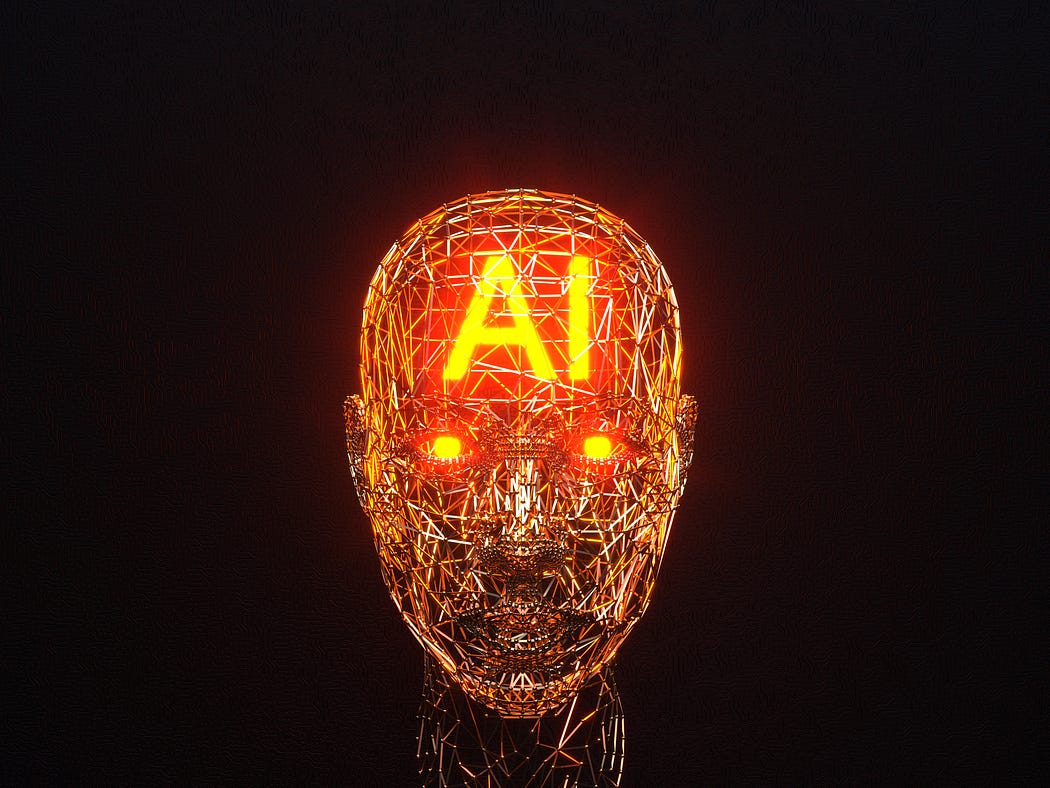How artificial intelligence is transforming the world

Imagine a world where your morning routine is seamlessly managed by AI, from brewing your perfect cup of coffee to predicting your optimal commute route. This isn’t science fiction — it’s happening now. Welcome to the frontier of artificial intelligence, where groundbreaking innovations are transforming everyday life
Artificial intelligence (AI) has a power of to change a world . From powering intelligent virtual assistants to revolutionizing healthcare diagnostics, AI technologies are making significant inroads across various industries. This article delves into the multifaceted landscape of artificial intelligence, exploring its evolution, diverse applications, ethical considerations, and the profound impact it has on business operations. As advancements in AI research accelerate, both challenges and opportunities abound in this rapidly evolving field.
Introduction to Artificial Intelligence
Defining Artificial Intelligence
Artificial Intelligence, or AI for short, is like the brains behind the brawn of machines. It enables computers to mimic human intelligence processes such as learning, reasoning, and problem-solving.Historical Evolution of AI
AI has come a long way from its humble beginnings in the 1950s to now infiltrating almost every aspect of our lives. It’s like watching a nerdy kid grow up to become the cool kid on the block.Applications of AI in Various Industries
AI in Healthcare
Imagine a future where AI helps doctors diagnose diseases faster and more accurately than ever before. It’s like having a super-smart medical sidekick by your side.AI in Finance
AI is revolutionizing the finance industry, making complex tasks like fraud detection and investment predictions a walk in the park.AI in Transportation
From self-driving cars to optimizing traffic flow, AI is reshaping how we move from point A to point B. It’s like having a personal chauffeur who always knows the fastest route.Impact of AI on Business Operations
Enhancing Efficiency and Productivity
AI is like having a team of super-efficient employees who never get tired or make mistakes. It’s the dream workforce without the drama.
Automating Routine Tasks
Say goodbye to mind-numbing tasks like data entry and file organization. AI can handle the boring stuff so you can focus on the fun parts of running a business.Ethical Considerations in AI Development
Privacy and Data Security
With great power comes great responsibility. AI raises important questions about how we protect our privacy and data in a world where information is king.Bias and Fairness in Algorithms
AI isn’t perfect and can sometimes reflect the biases of its creators. It’s crucial to address issues of fairness and ensure that AI benefits everyone, not just a select few. Advancements in AI Research and TechnologyMachine Learning and Deep Learning
Machine learning and deep learning are the cool kids on the AI block. Imagine them as the dynamic duo of AI — they learn from data, adapt, and make decisions with minimal human intervention. Machine learning is like the diligent student who studies hard to predict outcomes, while deep learning is the brainiac who mimics the human brain’s neural networks for complex problem-solving. Together, they’re rewriting the rules of what’s possible in AI applications.Natural Language Processing
Natural language processing (NLP) is AI’s language superpower that allows machines to understand and generate human language. It’s like teaching your smart speaker to understand your voice commands or making chatbots sound more human-like. NLP’s applications range from text analysis and sentiment analysis to language translation and even creating literary masterpieces. It’s the reason why your virtual assistant can tell the difference between “Hey Siri, play my jam” and “Hey Siri, play my gym playlist.”Challenges and Opportunities in the AI Landscape
Skills Gap in AI Workforce
Picture this: AI technology is evolving at warp speed, but the workforce’s AI skills are lagging behind like a sloth on a caffeine-free diet. There’s a massive demand for AI experts who can navigate the complex algorithms, data sets, and technologies. It’s like looking for a unicorn with a PhD in quantum physics and a black belt in coding. Bridging this skills gap is crucial for organizations to harness AI’s full potential and avoid getting left in the digital dust.



Comments
Post a Comment